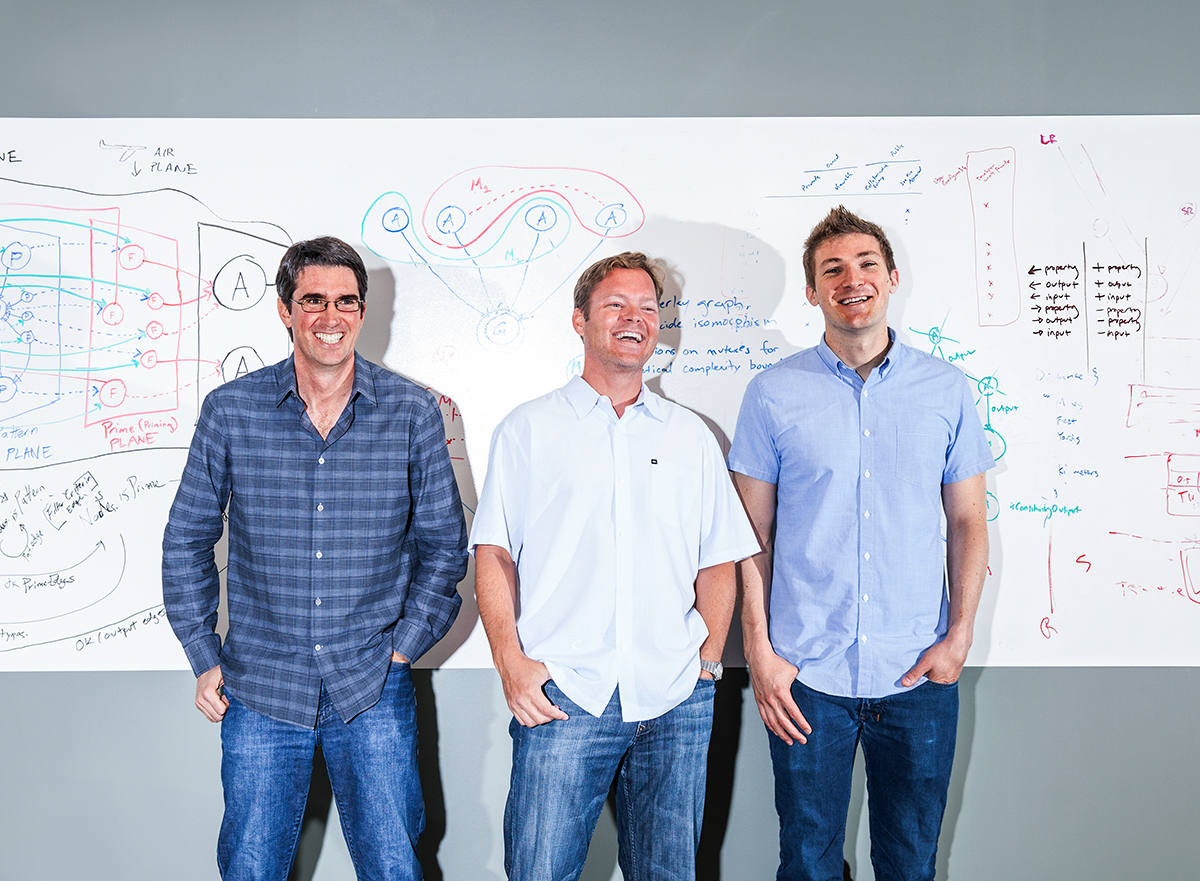Dag Kittlaus and Adam Cheyer co-founded a SRI International spin-off in 2007. The startup eventually got acquired by Apple for its intelligent personal assistant technology which would later become (in)famously known as Siri.
But they haven’t been standing still.
The co-founders of Siri are now taking the concept to the next level with Viv, a new breed of digital personal assistant which couples a myriad of data sources to next-generation artificial intelligence algorithms in order to do virtually anything you ask.
Viv’s implications can’t be overstated. And rather than sell out to the highest bidder, this time around the team has broad ambitions to rethink the future of intelligent agents while possibly giving birth to a multibillion-dollar industry.
An exhaustive feature published Tuesday by Wired explains how the new San Jose, California-headquartered startup, Viv Labs, plans on advancing artificial intelligence and taking over the world, why Viv eclipses Apple’s Siri, Microsoft’s Cortana and Google’s Google Now and how it differs from literally every digital assistant out there…
Reporter Steven Levy in his lengthy Wired write-up quotes Kittlaus as saying that “Siri is chapter one of a much longer, bigger story,” adding that Viv Labs will change how we interact with computing devices.
Adam Cheyer, a Siri co-founder, said:
I’m extremely proud of Siri and the impact it’s had on the world, but in many ways it could have been more. Now I want to do something bigger than mobile, bigger than consumer, bigger than desktop or enterprise. I want to do something that could fundamentally change the way software is built.
Rather than emulate intelligence by using tons of canned responses akin to Siri, Viv is about understanding complex questions by tapping connections between various services and apps and passing data to sophisticated learning algorithms to provide accurate answers.
Whereas services like Google Now benefit from Google’s vast knowledge graph, Kittlaus points out you can’t ask Google Now stuff like, ‘What is the population of the city where Abraham Lincoln was born?’ because the system doesn’t know how to put individual data together.
“Like Siri, it can’t do anything that coders haven’t explicitly programmed it to do,” he goes on to say.
It’s not just a Google-exclusive issue, other digital assistant are plagued by same limitations stemming from their similar technological foundations.
Though Apple has since extended Siri’s powers—to make an OpenTable restaurant reservation, for example—she still can’t do something as simple as booking a table on the next available night in your schedule. She knows how to check your calendar and she knows how to use OpenTable. But putting those things together is, at the moment, beyond her.
Enter Viv.
Take a complicated command like “Give me a flight to Dallas with a seat that Shaq could fit in.” Viv will parse the sentence and then it will perform its best trick: automatically generating a quick, efficient program to link third-party sources of information together—say, Kayak, SeatGuru, and the NBA media guide—so it can identify available flights with lots of legroom. And it can do all of this in a fraction of a second.
When Cheyer demoed to a former VP of product for Google Now how Viv located the closest bottle of wine that paired well with a dish to Vishal Sharma, he was blown away.
“I don’t know any system in the world that could answer a question like that,” he says. “Many things can go wrong, but I would like to see something like this exist.”
The following excerpt perhaps best describes Viv’s power.
One engineer explains how he has been refining Viv’s response to “Get me a ticket to the cheapest flight from SFO to Charles de Gaulle on July 2, with a return flight the following Monday.” In the past week, the engineer added an airplane-seating database. Using a laptop-based prototype of Viv that displays a virtual phone screen, he speaks into the microphone. Lufthansa Flight 455 fits the bill. “Seat 61G is available according to your preferences,” Viv replies, then purchases the seat using a credit card.
Infographic seen below outlines the steps Viv takes to understand complex queries and derive desired results.
So, not only can Viv provide accurate answers to complex queries in a fraction of a second, it can also change its own code on the fly, learn to do new things and become a lot smarter the more you use it.
Kittlaus & Co. are planning on licensing Viv technology to any interested device makers and are looking forward to see Viv — a “global brain”, as they’re calling it — integrated into everyday devices like smartphones, tablets, television sets, cars and other Internet-connected hardware.
By the way, they named Viv after the Latin root meaning live.
Photo top of post: Adam Cheyer (left), Dag Kittlaus (middle) and Chris Brigham (right).

